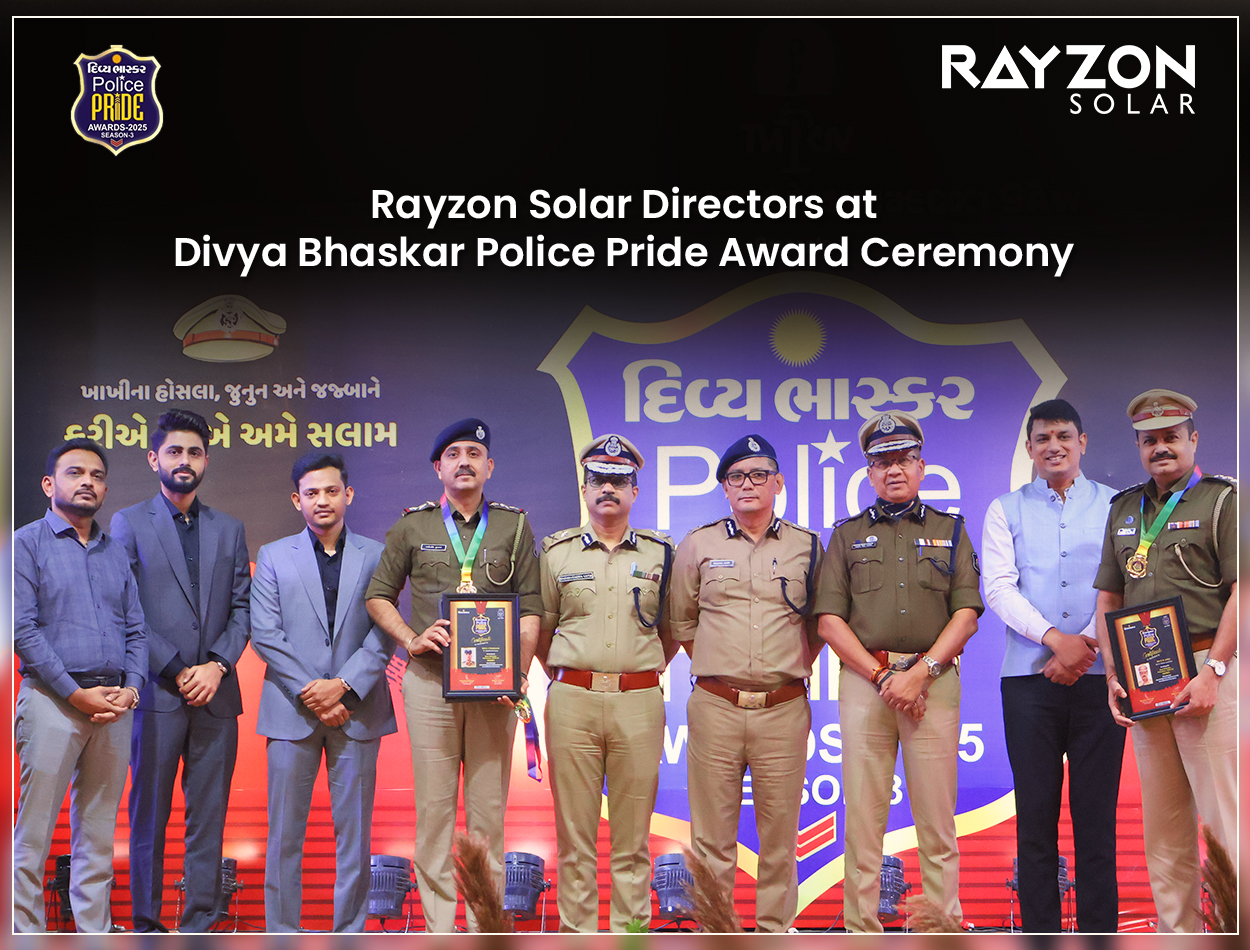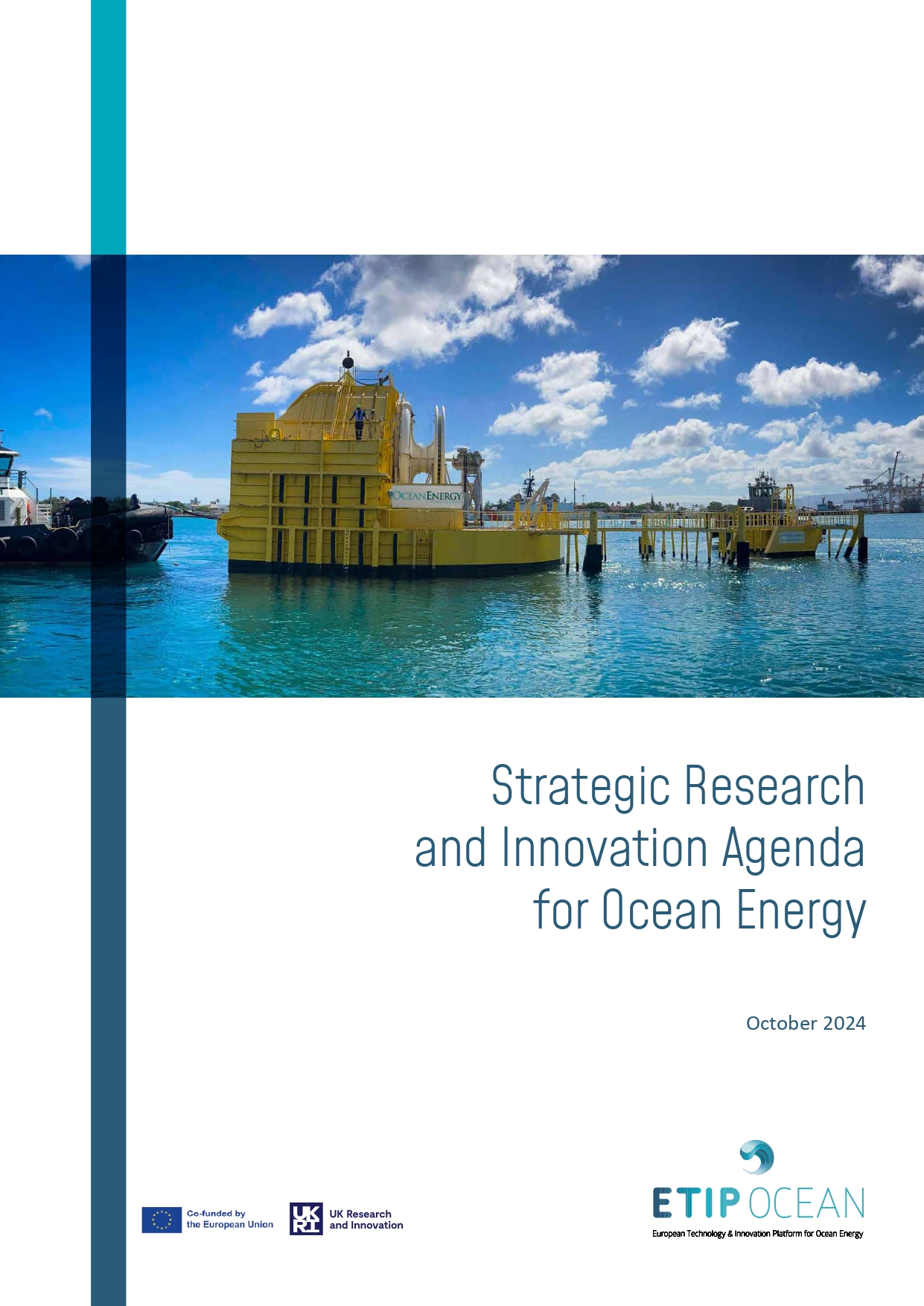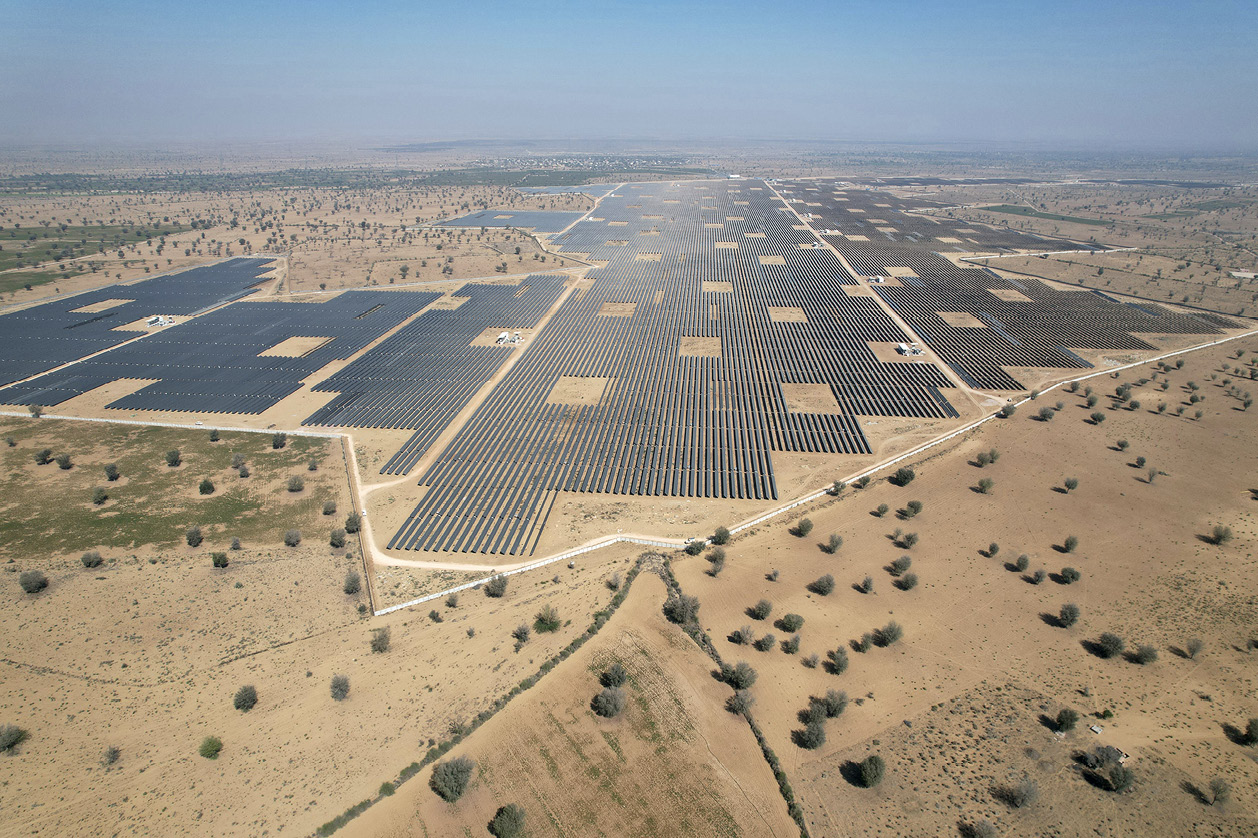‘Women still hold only 11% of academic leadership positions in Europe’
This week Women in Solar+ Europe gives voice to Vida Engmann, Asssociate Professor at the University of Southern Denmark. Shes says ender bias affects everything from research funding and journal reviews to hiring and promotion. "It also influences our own career choices, shaped by societal expectations about roles in domestic work, childcare, and leadership," she states.

This week Women in Solar+ Europe gives voice to Vida Engmann, Asssociate Professor at the University of Southern Denmark. Shes says ender bias affects everything from research funding and journal reviews to hiring and promotion. "It also influences our own career choices, shaped by societal expectations about roles in domestic work, childcare, and leadership," she states.
Of the 8,233,028,358 people living on this planet today, 49.8% are female. There are no intellectual, medical, or other limitations that objectively restrict 49.8% of the population from taking part in all the activities the other 50.2% do. Studies consistently show that women are just as capable as men in developing specialized skills in science.
So, if a large majority of males are still preferred in certain fields, whether solar energy or any other area with a large gender disparity, it means we are actively shrinking the talent pool. And that affects the whole industry. If gender equality were fulfilled, we would have access to a much larger and more diverse group of highly qualified professionals. That would naturally raise the quality and reach of our scientific and technological development.
A musical piece consists of many different sounds, rhythms, and instruments. A painting displays a multitude of brushstrokes in all kinds of colors and forms. A novel contains countless words woven into meaning. Diversity is what creates richness, everywhere. STEM is no different. By working together, people with different backgrounds, viewpoints, skills, and ways of thinking can come up with faster, more innovative solutions. It’s the variety that leads to resilience and creativity.
Looking back on my own journey in science, I faced challenges that many women still encounter today. Academic careers are tough. You’re expected to perform well in research, secure grants, contribute to projects, and teach, all within short timelines. This requires structure, and it takes time to build. But beyond the demands of the job, there’s another layer for women: the ongoing battle with gender bias and the societal constructs that try to shape us into “cute pink fluffy creatures from Venus” who enjoy baking and childcare, but supposedly can't handle strategic thinking or technical problem-solving.
The truth is, the biggest challenge in life isn’t just work, it’s balance. Trying to build a career while maintaining health, family, finances, personal growth, and—once in a while, enjoying life is already difficult. But when you add in the burden of bias, it becomes a constant uphill climb. There’s no easy recipe. But for me, the only way has been to go past the barriers: crawl, climb, or jump over them—just keep your eyes on the goal and keep going.
Mentorship has had a profound impact on my path. Just as we learn from our parents as children, we need mentors in our professional lives, people who guide us and open doors. I was fortunate to have a strong, loving, smart, and progressive woman as my mother. She always opened new windows to the world for me. She taught me discipline, persistence, and the importance of believing in myself. She continues to be my inspiration.
I also believe we need to increase the visibility of female professionals in STEM. The more women we see leading and contributing in these roles, the more young girls will believe it’s possible for them too. Creating networks of women who offer direct mentorship to the younger generation is something I see as both powerful and necessary.
But we need structural change, too. Women still hold only 11% of academic leadership positions in Europe, and only 3% of Nobel prizes in science have ever been awarded to women. That should speak volumes. Gender bias affects everything from research funding and journal reviews to hiring and promotion. It also influences our own career choices, shaped by societal expectations about roles in domestic work, childcare, and leadership.
The good news is, I’ve seen a shift. These issues are finally getting more attention across media, academia, and broader society. That gives me hope. It means that future generations of young women may not have to face the same invisible ceilings we have. But we have to keep pushing for change.
At the root of it, men and women are alike in personality, cognitive ability, and leadership. A 2005 analysis by Shibley Hyde of 46 psychological meta-analyses confirms this. So when we see different career outcomes between the genders, it’s not about capability, it’s about bias. As van den Besselaar and colleagues showed in a 2016 study, these biases steer even equally educated and talented individuals onto divergent paths. This divergence reinforces the stereotypes, which in turn shape the next generation’s decisions.
If we want real equality, we must start early. We need to instill the idea that all humans, regardless of gender, race, nationality, or religion, are equal. And we must build legislative and institutional frameworks that support this vision, allowing it to take root and grow in society.
To young women curious about science or considering a career in the renewable energy transition: If you care about something, go for it. Don’t listen to the discouraging or disbelieving voices; they’re not worth your time. Keep your eyes on your goal and take slow, steady steps toward it. And if you fail? That’s okay. Failure is part of growth. Each one is a lesson that prepares you for the next step. Learn from it, and never give up!
Vida Engmann is an associate professor at SDU CAPE. She obtained her Dr. rer. nat. in 2014 from the Ilmenau University of Technology, Germany. In 2014, she joined the University of Southern Denmark and was appointed an associate professor in 2020. Her research stays include te University of Colorado Boulder and Uppsala University. Her research focuses on bioinspired approaches to the stabilization of organic and hybrid semiconductor-based green energy devices. She received the 2019 L'Oréal-UNESCO For Women in Science award and the 2020 International Rising Talent award. In 2020, she was awarded te Carlsberg Young Researcher Fellowship, and in 2021 DFF Sapere Aude grant.
Interested in joining Vida Engmann and other women industry leaders and experts at Women in Solar+ Europe? Find out more: www.wiseu.network
What's Your Reaction?



















































